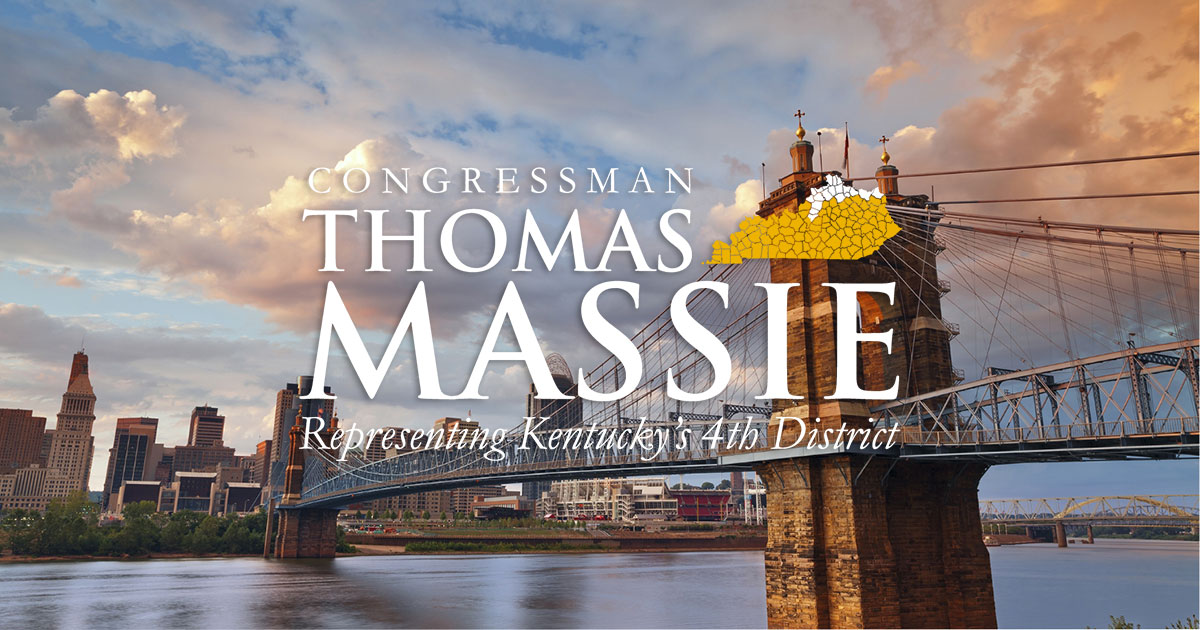ll measures of inflation polled - the Consumer Price Index, core CPI, personal consumption expenditures price index and core PCE - are expected to stay above 2% until at least 2026.
Despite recent easing, wage growth has remained above the 3.0%-3.5% range seen as consistent with the Fed's 2% inflation target.
The Fed was expected to deliver a 25 basis point cut each in the four quarters of 2025. Markets are currently pricing around 200 basis points of reductions by end-Q3 2025.
RECESSION UNLIKELY
The
U.S. economy grew 2.8% annualized in the second quarter, much faster than the 2.0% expected by economists. Growth is seen in the poll as averaging 2.5% this year, faster than what Fed officials currently see as the non-inflationary growth rate of 1.8%.
Two thirds of common contributors upgraded their 2024 growth outlook from last month. The economy was predicted to grow 1.8% next year.
Economists in the poll broadly expect the economy to expand at around its trend growth rate at least until 2027. The median forecast from a smaller sample who provided a view showed the probability of a recession at just 30% - an outlook which has not changed much since the start of this year.


